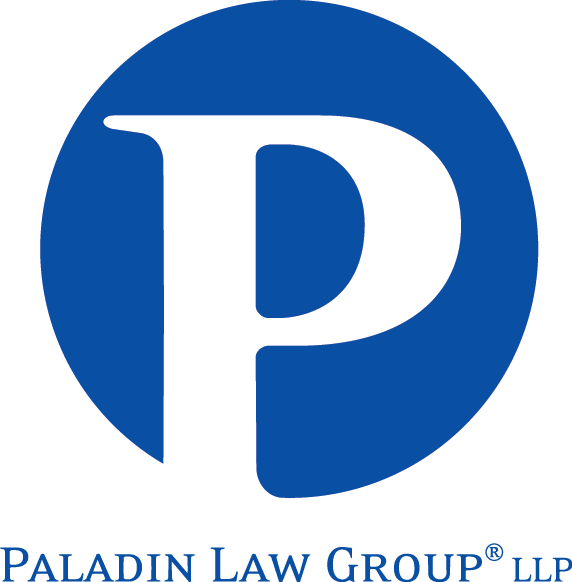State demands Maryland Parkway pollution cleanup, reimbursement
- May 6, 2009
- Paladin Law Group® LLP
- News
- 0 Comments
By Steve Green, Las Vegas Sun
A Nevada agency on Monday sued several businesses and landowners it says are responsible for pollution from a dry cleaning plant on Maryland Parkway, demanding they clean up the pollution and reimburse the state for its costs to deal with contaminated air and groundwater in the affected area.
The state Department of Conservation and Natural Resources, Division of Environmental Protection, filed suit in U.S. District Court against Maryland Square Shopping Center LLC; trustees of the Herman Kishner Trust, and individuals and companies associated with the bankrupt Al Phillips the Cleaners Inc.
The suit is part of the long-running response to the pollution, which was discovered in 2000 and also resulted in nearby residents last year suing the same defendants and others in the same court.
Jill LuFrano, spokeswoman for the state Division of Environmental Protection, said the lawsuit is part of the process of identifying the extent of the pollution and cleaning it up. She noted the process has been delayed by the bankruptcy of Al Phillips.
The suit, filed by Deputy Attorney General William Frey, says the dry cleaning solvent PCE used at the Al Phillips site, 3528 Maryland Parkway, has spread more than 4,000 feet in a plume eastward past the Boulevard Mall, underneath a residential neighborhood and past the Las Vegas National Golf Course property off of Desert Inn Road. The Al Phillips business operated at the Maryland Square site from 1969 to 2000.
Because some of the chemical has volatized into vapor, the state has been working to protect the health of residents in the area, the suit said.
“Concentrations of PCE in the groundwater plume continue to be present at (levels) … underneath the residential neighborhood … more than 200 times the (federal drinking water standard). This is a significant degradation of waters of the state. Addressing the contamination will require an assessment of the extent and magnitude of the contamination, completion of a feasibility study, risk assessment and pilot testing for a groundwater cleanup remedy, the design and implementation of a remedy to clean up groundwater and PCE-contaminated soils at the former (Al Phillips) property, and provisions for maintenance and repair of mitigation systems installed by the division in certain residences located above the sub-surface plume,” the suit said, adding the state has spent some $266,000 on the project so far.
“The division requests a mandatory injunction requiring defendants, and each of them, to: complete an assessment of the extent and magnitude of the contamination resulting from releases from the former (Al Phillips) property that is approved by the division; monitor groundwater; submit timely reports; submit a corrective action plan for soil and groundwater; and implement the corrective action plan approved by the division or as approved by the division with modification,” the suit says.
In the meantime, discovery is under way in a separate suit filed in November against many of the same defendants by residents who say they have been subjected to threats from the pollution. The discovery process may take a year and could be followed by a trial if a settlement isn’t reached. In that case, the defendants have generally denied liability, asserted others are responsible for the problem, said the residents have no standing to sue since the state and federal governments are addressing the problem, and are asserting that the residents have not been damaged by the pollution.
“To the extent that any substances are alleged to be present or beneath the plaintiffs’ properties, such substances do not substantially or permanently interfere with plaintiffs’ use and enjoyment of the property or constitute or create an imminent or substantial endangerment,” said a filing by Maryland Square Shopping Center LLC and the Herman Kishner Trust, one of the landowners.
Al Marquis, the attorney for the trust that owned the land when Al Phillips operated there, said Monday’s lawsuit was expected and should help the involved parties speed up the process of identifying the extent of the pollution and coming up with a cleanup plan.
He said the trust as a landlord was not responsible for the pollution and didn’t know Al Phillips was polluting the water when Al Phillips operated at the site.
Still, he said, the trust has already done the responsible thing by spending hundreds of thousands of dollars on monitoring wells and that samples from these wells show the pollution levels in the water are stable or declining.
He said there is no immediate threat to the health of the residents in the area, since the affected water is 15 to 19 feet deep and is not used for drinking water; and that it’s unclear whether the chemical detected in the air of some of the affected homes is actually coming from the contaminated water.
“There is no immediate health risk. It’s not a crisis,” he said.
The trust, he said, will continue to assert claims against the Al Phillips parties in bankruptcy court.
It’s unclear if insurers for the trust or the Al Phillips parties will cover any of the monitoring or cleanup costs. Marquis said the trust’s insurers are paying for its defense in the residents’ lawsuit, but with a reservation of rights — meaning they have not agreed they are responsible for the liability at issue.
(read online version)

Leave a Reply
You must be logged in to post a comment.